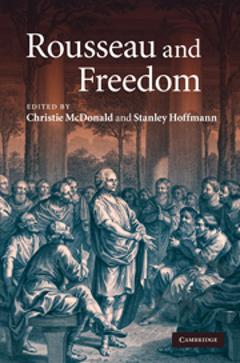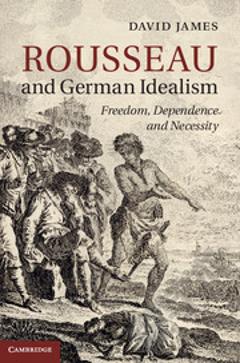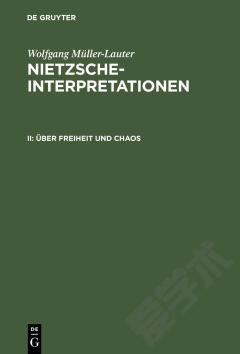Rousseau and Freedom
Debates about freedom, an ideal continually contested, were first set out in their modern version by the eighteenth-century French philosopher Jean-Jacques Rousseau. His ideas and analyses were taken up during the philosophical enlightenment, often invoked during the French Revolution, and still resonate in contemporary discussions of freedom. This volume, first published in 2010, examines Rousseau's many approaches to the concept of freedom, in the context of his thought on literature, religion, music, theater, women, the body, and the arts. Its expert contributors cross disciplinary frontiers to develop thought-provoking new angles on Rousseau's thought. By taking freedom as the guiding principle of their analysis, the essays form a cohesive account of Rousseau's writings.
{{comment.content}}








 京公网安备 11010802027623号
京公网安备 11010802027623号